Life
Sign up for our newsletter
We summarize the week's scientific breakthroughs every Thursday.
-
 Genetics
GeneticsModern hunter-gatherers’ guts host distinct microbes
A healthy collection of gut bacteria depends on the environment in which people live and their lifestyle, research shows.
-
 Climate
ClimateReef fish act drunk in carbon dioxide–rich ocean waters
In first test in the wild, fish near reefs that bubble with CO2 lose fear of predators’ scent.
By Meghan Rosen -
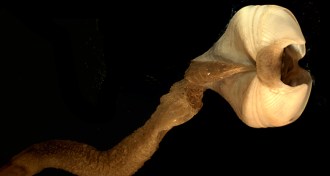 Oceans
OceansThe surprising life of a piece of sunken wood
Timber and trees that wash out to sea and sink to the bottom of the ocean hold a diverse community of organisms.
-
 Climate
ClimateOcean bacteria may have shut off ancient global warming
Ocean-dwelling bacteria may have helped end global warming 56 million years ago by gobbling up carbon from the CO2-laden atmosphere.
-
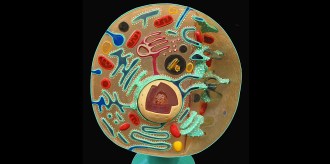 Life
LifeHow cells keep from popping
The protein SWELL1 stops cells from swelling so much that they burst, a new study shows.
-
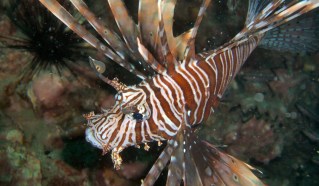 Animals
AnimalsLionfish grow wary after culling
Efforts to control invasive lionfish could make them more difficult to catch.
-
 Genetics
GeneticsFive mutations could make bird flu spread easily
Handful of alterations can turn H5N1 bird flu into virus that infects ferrets through the air.
-
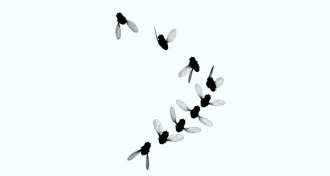 Life
LifeIn a crisis, fruit flies do stunt turns
An elaborate monitoring system reveals that fruit flies can execute sophisticated flying maneuvers in the face of danger.
By Susan Milius -
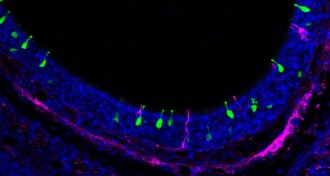 Neuroscience
NeuroscienceSmell wiring gets set early
Mess with a baby mouse’s olfaction for too long and neurons never recover.
-
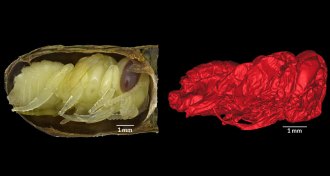 Paleontology
PaleontologyLa Brea Tar Pits yield exquisite Ice Age bees
Ancient bee pupae snug in leafy nest give clues to Pleistocene climate.
By Susan Milius -
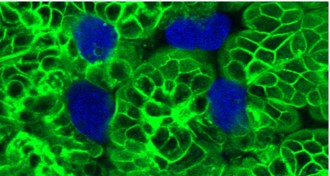 Life
LifeAmoebas’ munching may cause diarrheal disease
Amoebas biting and swallowing pieces of human cells may be what causes amebic dysentery, a potentially fatal diarrheal disease in the developing world.
-
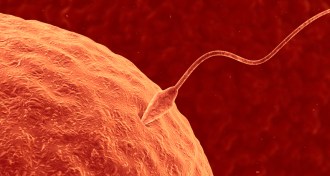 Life
LifeMales compete all the way to sperm shape
An association between the ratio of certain proteins in mouse sperm and sexual competition raises many questions about what exactly gives a sperm a good head.